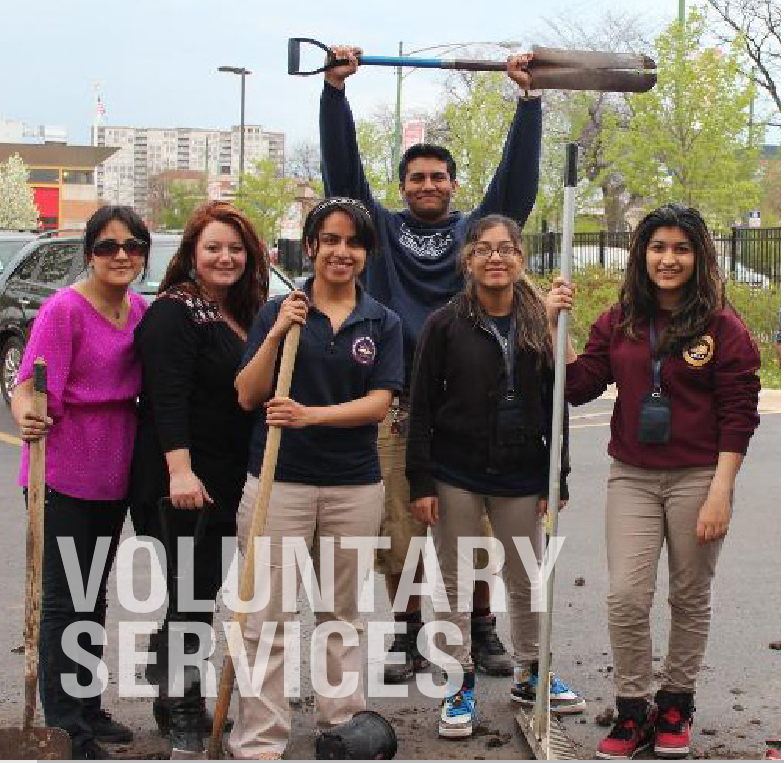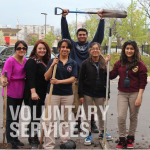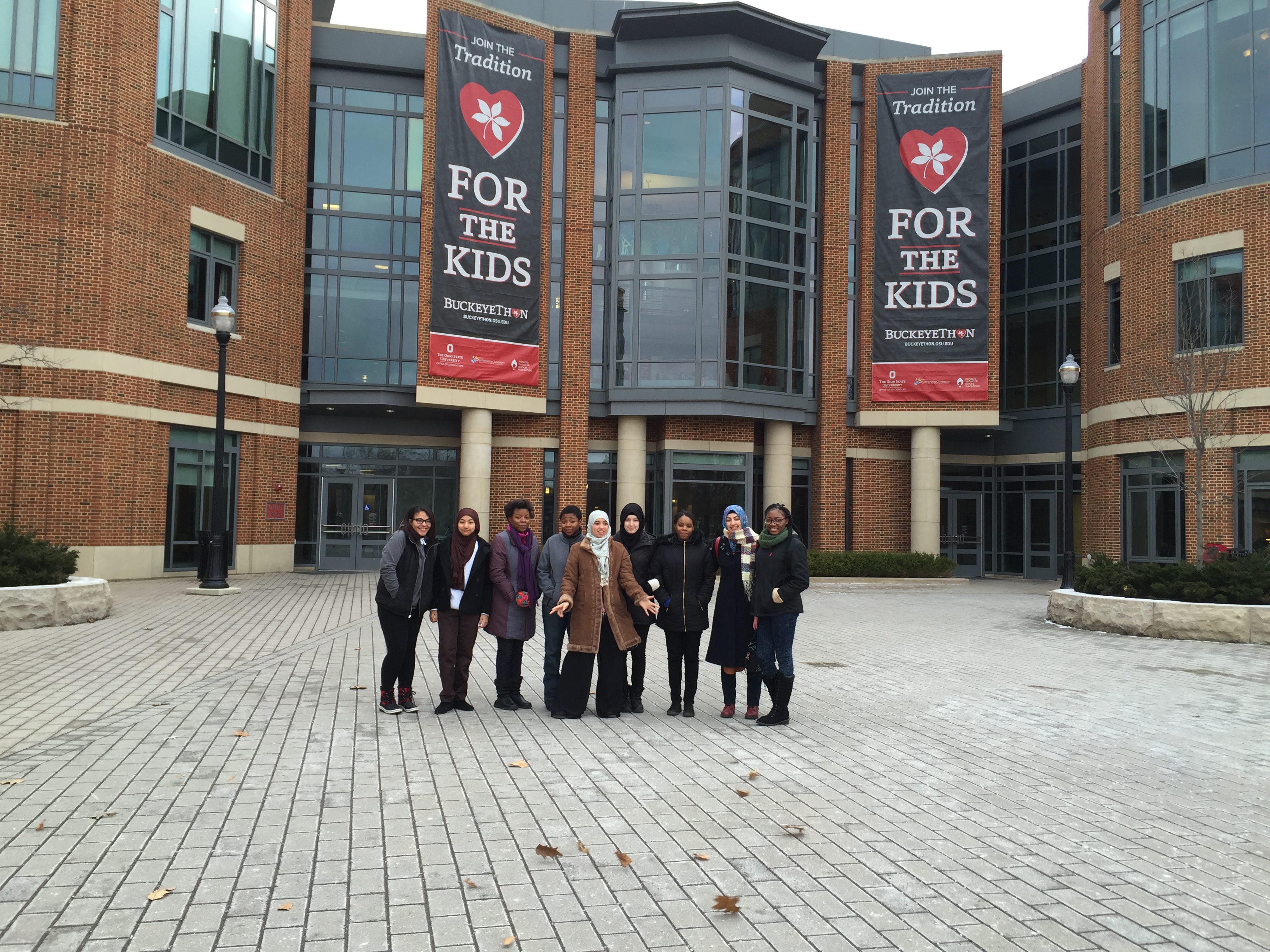Parent Recognitions

Many researches confirm that parents’ involvement in their children’s education can be one of the biggest predictors of student success. Parents are encouraged to increase their interaction and discussion with their children and to also be more responsive and sensitive to their children’s social, emotional, and intellectual developmental needs. With parents’ involvement, they will have a better understanding of the adviser’s job and the importance of CYSP program.
This year, CYSP program has “plus” categories with parent involvement; Bronze Plus, Silver Plus and Gold Plus. The Plus categories are added to encourage parent involvement and participation in school activities and their scholars’ events. This component is not mandatory to achieve any of the three medals but will earn special recognition for the scholars that meet the requirements of this component. All 5th to 12th grade parents or legal guardians are welcome to join the CYSP program. We encourage CYSP parents to participate in a variety of in-school and out of school activities with their children.
Concept schools will recognize the parents who participate in the CYSP activities with their children based on the chart below. Also, scholars will earn the plus recognition and extra prizes if their parents are recognized.










 Character education is a teaching method which fosters the development of ethical and responsible individuals by teaching them about the good values that people should have. It teaches the students the values of caring about other people, honesty, responsibility, and other important traits that make for an upstanding young adult.
Character education is a teaching method which fosters the development of ethical and responsible individuals by teaching them about the good values that people should have. It teaches the students the values of caring about other people, honesty, responsibility, and other important traits that make for an upstanding young adult.